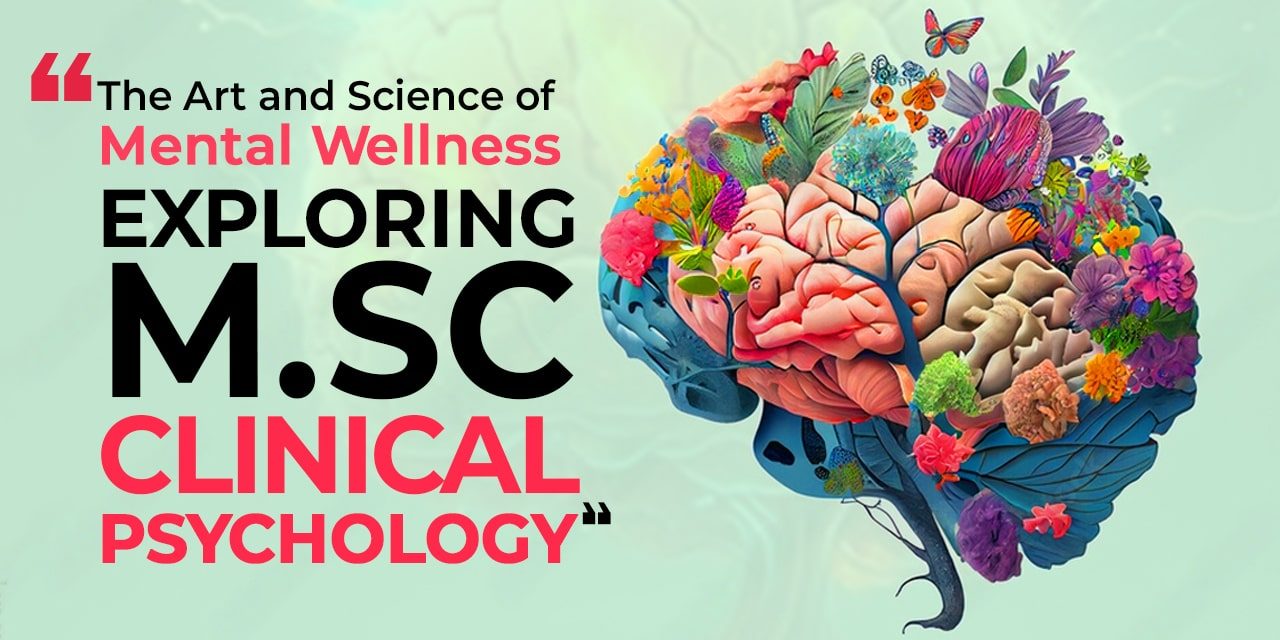Fearless Fitness Journey Gym Intimidation Solutions
Boost Confidence: Gym Intimidation Solutions
Understanding Gym Intimidation
Gym intimidation is a common obstacle that many individuals face when starting or continuing their fitness journey. It stems from various factors, including self-consciousness, fear of judgment, or feeling overwhelmed by the environment. Understanding the root causes of gym intimidation is the first step in overcoming it.
Setting Realistic Goals
One effective strategy for overcoming gym intimidation is to set realistic goals. Rather than comparing yourself to others or focusing on unrealistic expectations, set achievable goals that align with your fitness level and personal preferences. This approach helps shift the focus from external pressures to personal growth and progress.
Finding a Support System
Having a support system can significantly impact your confidence at the gym. Whether it’s a workout buddy, a supportive trainer, or joining group fitness classes, surrounding yourself with positive influences can boost your morale and motivation. They can offer encouragement, guidance, and a sense of camaraderie, making the gym experience more enjoyable and less intimidating.
Exploring Different Workout Options
Another strategy is to explore different workout options that suit your interests and comfort level. If traditional gym equipment feels intimidating, consider trying alternative activities like yoga, Pilates, or dance classes. Finding activities that resonate with you can make the gym environment feel less daunting and more inviting.
Utilizing Visualization Techniques
Visualization techniques can also help alleviate gym intimidation. Before heading to the gym, visualize yourself succeeding in your workouts, feeling confident, and enjoying the process. This mental rehearsal can boost your self-belief and reduce anxiety, making it easier to step into the gym with a positive mindset.
Embracing Imperfection
It’s important to embrace imperfection and understand that everyone starts somewhere. Nobody is perfect, and everyone experiences challenges and setbacks on their fitness journey. Instead of striving for perfection, focus on progress, consistency, and celebrating small victories along the way.
Creating a Comfortable Environment
Creating a comfortable gym environment for yourself is crucial in overcoming intimidation. This may involve wearing clothing that makes you feel confident, choosing less crowded workout times, or finding a quiet corner to focus on your exercises. Tailoring your environment to your preferences can significantly impact your confidence and enjoyment during workouts.
Seeking Professional Guidance
Don’t hesitate to seek professional guidance if you’re struggling with gym intimidation. Trained fitness professionals can provide personalized advice, create tailored workout plans, and offer support and encouragement. They can also teach proper techniques, which can boost your confidence and reduce the fear of injury or embarrassment.
Practicing Mindfulness
Incorporating mindfulness practices can also help manage gym intimidation. Mindfulness techniques such as deep breathing, meditation, or body scanning can calm your nerves, increase self-awareness, and improve your overall well-being. By staying present and focused, you can navigate the gym environment with a clearer mind and reduced anxiety.
Celebrating Progress
Lastly, celebrate your progress and achievements, no matter how small they may seem. Recognize the effort you put into overcoming gym intimidation and acknowledge the steps you’ve taken towards a healthier lifestyle.











